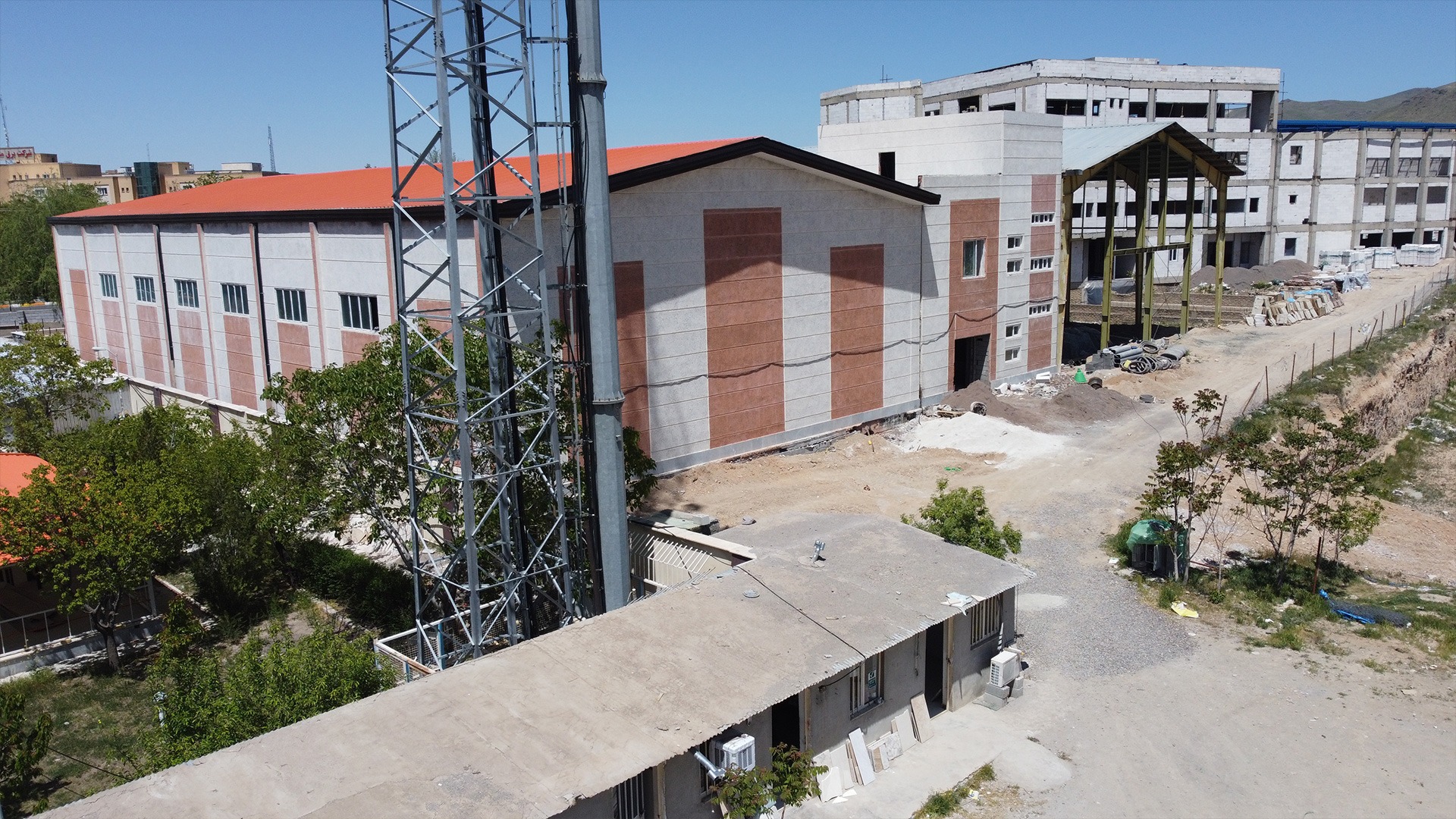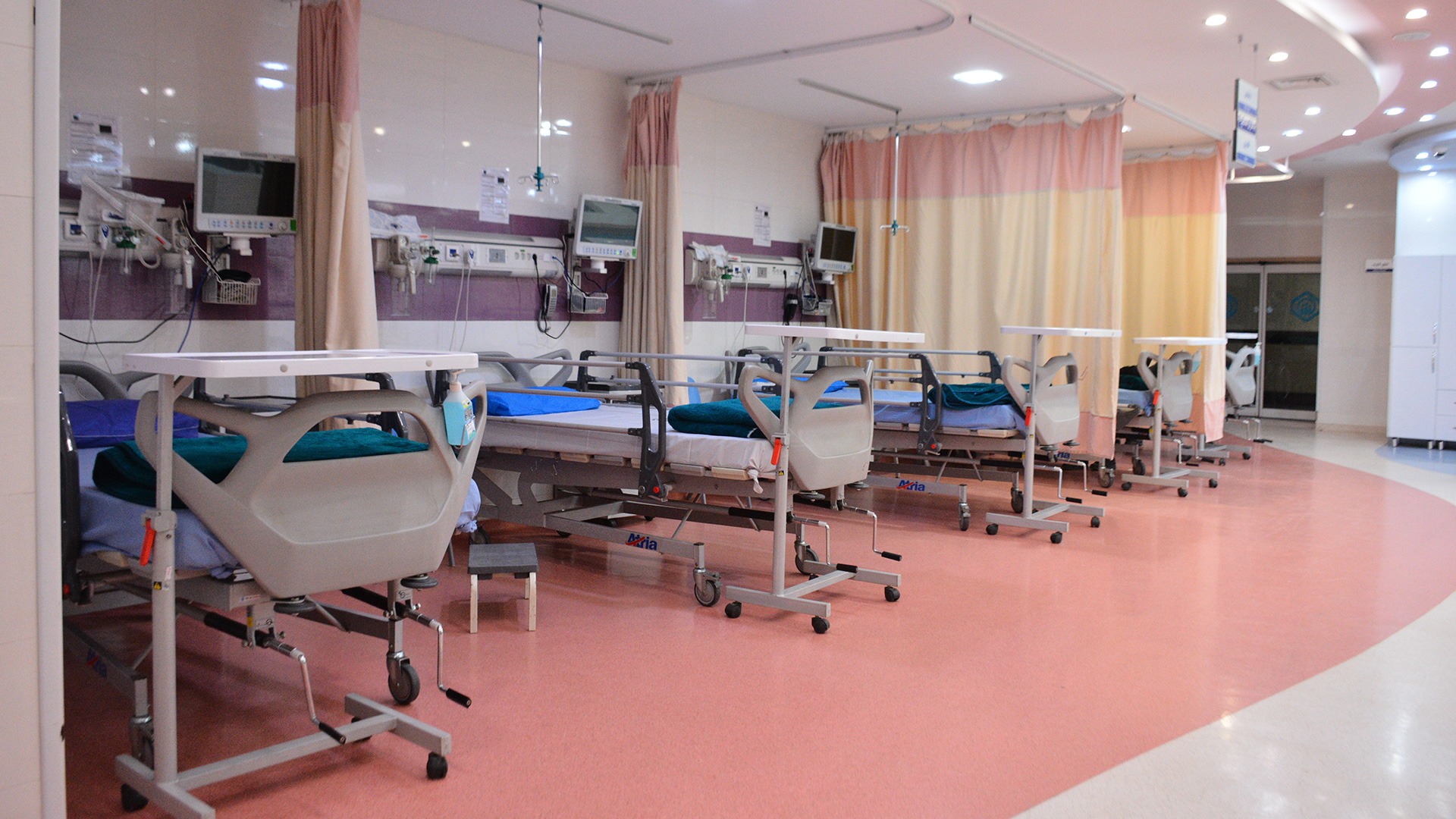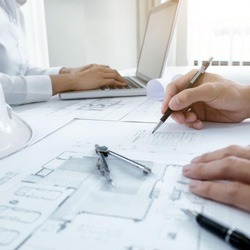Developing project scheduling and phasing plans
Prepare a detailed roadmap for the different phases of the project in order to control time, prioritize activities, and avoid overlaps or costly delays in the design and implementation process.
Iran Zanjan, Shaheed Mohammad Heydari St., 5th West Corner, No. 70/1, Arman Building

Project management is a specialized process that begins at the design stage and, by applying engineering knowledge, tools, and methods, guides and coordinates the project in line with the client's goals. This management, by integrating time, cost, and resources, paves the way for the successful and efficient implementation of construction projects.
In this approach, design is not simply the creation of a plan, but a purposeful and engineered process that optimizes the project path from inception to readiness for construction by managing resources, time, cost, and coordination among stakeholders. The result is a coherent, workable plan that meets the client's expectations, which will be the foundation for successful and accurate implementation.
Prepare a detailed roadmap for the different phases of the project in order to control time, prioritize activities, and avoid overlaps or costly delays in the design and implementation process.
Analyzing direct and indirect costs related to the project, providing financial estimates based on project realities, and managing the budget to optimize resources.
Creating a platform for effective collaboration among all project stakeholders to ensure the integrity of decisions, transparency of communications, and reduction of implementation interference in later stages.
Identifying, evaluating, and selecting experienced consultants in the specialized areas required by the project and managing their performance in order to achieve project goals.
Continuously monitor the design process, measure its compliance with the project's schedule, budget, and quality goals, and implement corrective actions in a timely manner.
Reviewing designs for compliance with national building regulations, regulations, and related technical guidelines in order to prevent administrative and legal obstacles.
Identifying threats and uncertainties affecting the plan, analyzing possible consequences, and planning to reduce risks during the technical and economic decision-making stages.
Complete and accurate recording of the design process, key decisions, different design versions, and technical rationales to support the implementation and operation phases, and transfer knowledge to subsequent teams.
Complete preparation of the plan for implementation, focusing on drafting executive documents, technical documentation, construction details, and detailed operational planning.
Project management aims to coordinate all design components from the beginning of the process by controlling time, cost, quality, and risk, providing a platform so that the final design output not only meets the client's goals, but is also fully prepared to enter the construction phase.
In project management, the focus is on guiding strategic technical, economic, and operational decisions so that design is a purposeful tool for achieving the project mission. This process reduces risks and increases productivity by integrating interdisciplinary skills.



Ensuring coordination between designers, consultants, and the client to achieve a coherent, executable, and targeted outcome.
Use planning and control tools to prevent deviations in scheduling and increased design and implementation costs.
Identify and analyze technical, financial, and implementation threats during the design phase in order to reduce negative consequences in later stages.
Complete compilation of documents and implementation plans, documentation of design decisions, and creation of an infrastructure for transferring knowledge to project implementers.
Project management covers all stages of a project (from design to implementation and operation), but project management has a special focus on the design phase; with the aim of guiding the design process towards the client's goals and preparing the project to enter the implementation phase.
Because design stage decisions have direct and irreversible impacts on construction time, cost, and quality, project management minimizes subsequent project risks by coordinating all factors.
At the very beginning of the project, at the beginning of conceptual studies or design phase zero. Early involvement of project management aligns the design path with the project goals from the beginning.
The project management team usually includes a project manager, project planner, financial expert, specialized engineers (architectural, structural, facilities), and consultant coordinator.
No. Any project that has an engineering design and construction phase, of any scale, can benefit from project management, especially to prevent costly mistakes or implementation inconsistencies.




©2025, Arman Banaei Eshraq. All rights reserved.